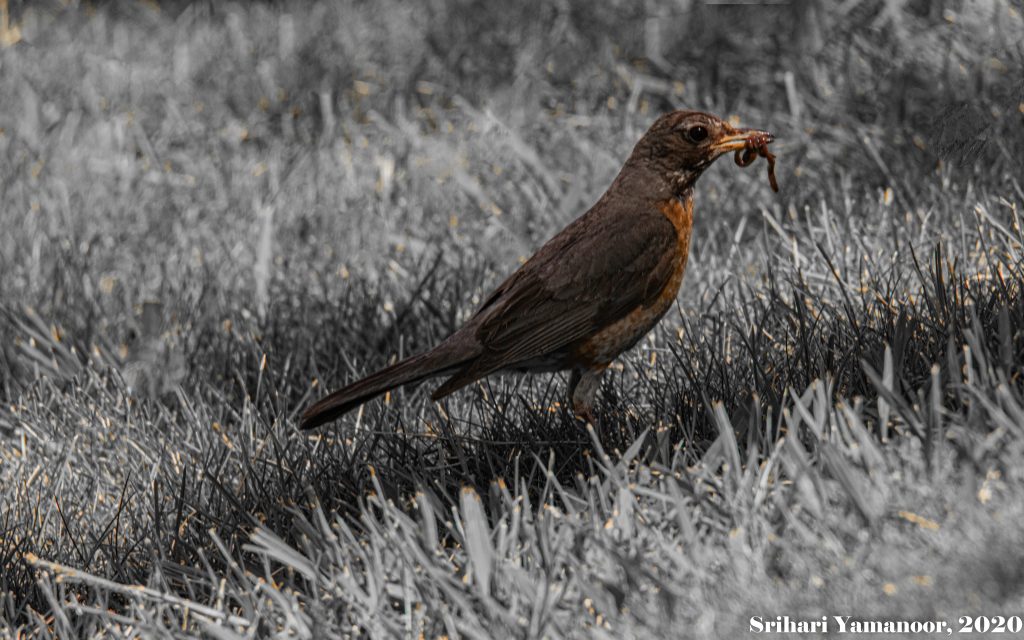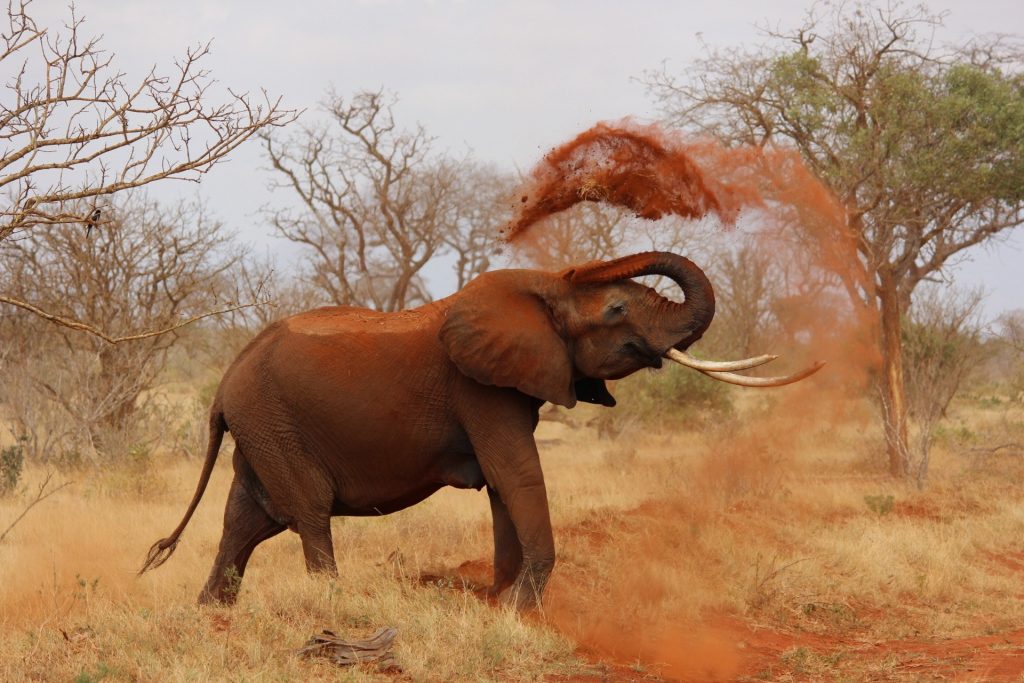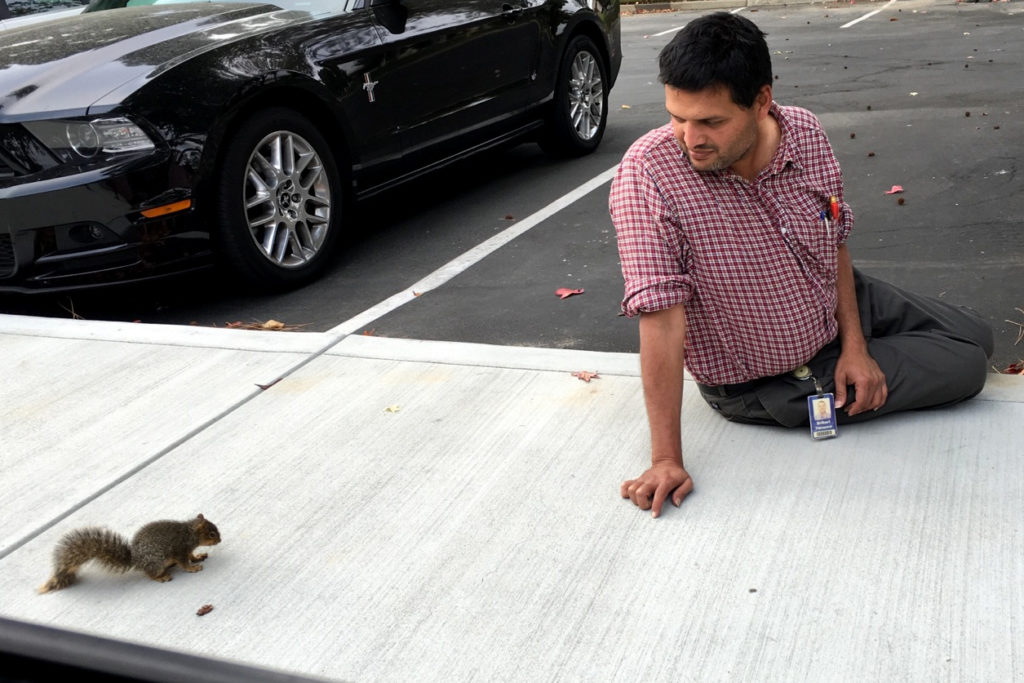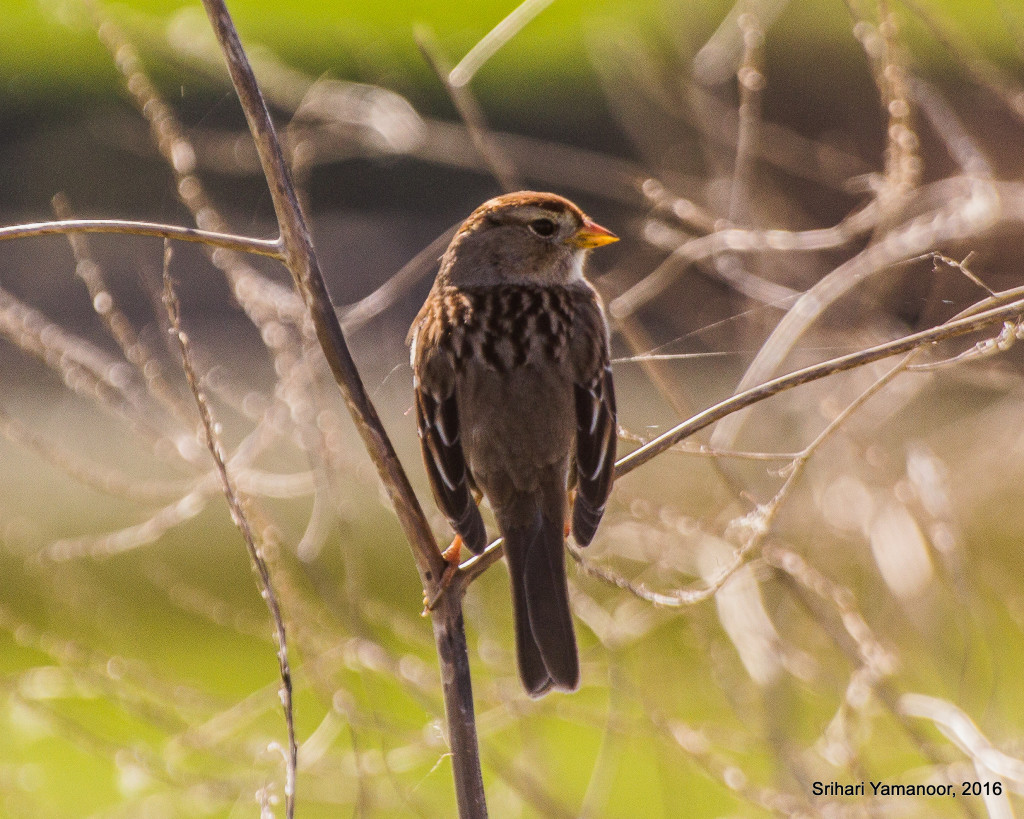
Just yesterday, I was excited to read an article about how there is a baby boom for elephants in a National Park in Kenya. Researchers linked recent heavy rains and the ensuing vegetation to an increase in the number of elephants born over 2 years. Given that the gestation period for elephants is somewhere in the range of 22 months, this is remarkable. It appears that there is a link between fertility among elephants and the conditions of the ecological area in which they thrive.
Then, this morning I learned about a research article published in Nature via ZME Science, fast becoming one of my science go-to sites. Research that spanned data over nearly two decades on tropical songbirds spanning two continents, specifically focused on Malaysia and Venezuela, appears to point that long-lived songbirds appear to be less fertile during years of famine. It would appear that since they have the luxury to wait for better conditions, the longer-lived songbirds instinctually curtail fertility during tough times. Songbirds with shorter lifespans appear to forego any such response to this particular stimulus.
When you think deeper, it does make sense. Short lifespans mean, you have to keep reproducing to maintain good species health. Longer lifespans would mean you have the luxury to wait. Since in nature, free from human influence, elephants can live really long lives, they too can take a more deliberate approach.
How would humans react to similar stimuli?
I had a vague recollection that people had put several plans on hold during the Great Recession we saw take root in 2008. I also started wondering as to what would happen with the current COVID-19 pandemic. It would appear, that the obvious guess works. Apparently, there was a measurable drop in childbirth as the Great Recession was in its throes. There are also indications that the current pandemic might have a similar effect. A link is supplied below.
This is all really fascinating. As I had briefly alluded to yesterday, ecology can provide us with several interesting lessons and strategies to handle situations whether it is in the area of conservation, or with human problems! Of course, with climate change, humans and all other species on the planet need to figure out how to react. Therefore, expect more such population ecology research to continue to emerge.
References:
- ZME Science on the fertility of migratory songbirds: https://www.zmescience.com/science/tropical-songbirds-reproduction-drought-624624534/
- Human childbirth in response to stimuli: https://www.brookings.edu/research/half-a-million-fewer-children-the-coming-covid-baby-bust/#:~:text=The%20Great%20Recession%20led%20to,meant%20roughly%20400%2C000%20fewer%20births.
- My previous blog post on elephants: http://ecopund.it/index.php/2020/08/25/on-pachyderm-fertility-and-their-ecology/



